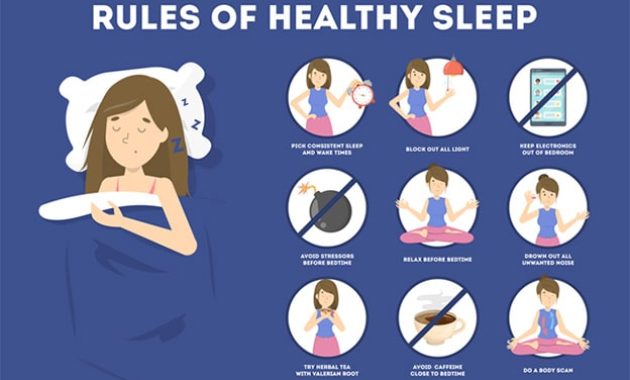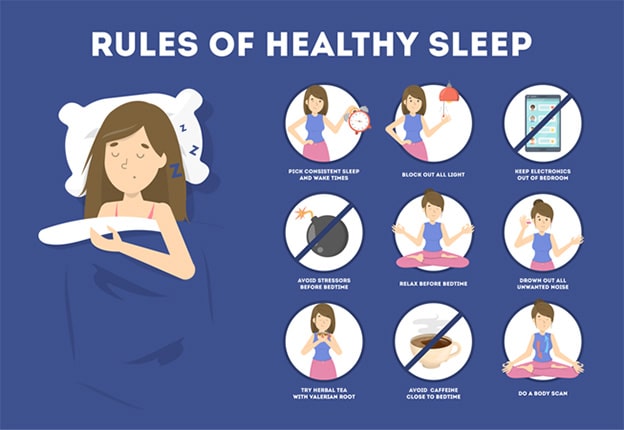
How to Create a Daily Routine That Fights Diabetes: A Practical Guide
The relentless march of diabetes continues, affecting millions worldwide. Managing this chronic condition demands a proactive approach. Developing a daily routine is a powerful weapon. This guide focuses on how to create a daily routine that fights diabetes. It provides actionable steps and insights for effective diabetes management.
Diabetes management isn’t just about medication. It’s about lifestyle changes. These changes include diet, exercise, and consistent monitoring. A well-structured daily routine provides the framework. This framework supports these essential elements.
This article aims to equip you with the knowledge. You will learn how to design a routine. This routine will help you take control of your health. It will empower you to live a fulfilling life. This guide covers everything from meal planning to stress management.
Understanding the Importance of Routine
Consistency is key in diabetes management. A routine establishes this consistency. It transforms complex tasks into manageable habits. This approach reduces the mental burden. It makes it easier to adhere to a healthy lifestyle.
A daily routine helps in several ways. It helps with blood sugar control. It promotes weight management. It also reduces the risk of complications. These complications include heart disease and nerve damage.
Without a routine, it is easy to stray. It is easy to make unhealthy choices. A routine acts as a safeguard. It keeps you on track. It provides the structure you need to succeed.
Building Blocks of a Diabetes-Fighting Routine
Creating a successful routine requires several key elements. Each element plays a vital role. It contributes to overall health and well-being.
Meal Planning and Preparation
Diet is fundamental in managing diabetes. Meal planning allows for informed food choices. It ensures you consume the right nutrients. It also helps control portion sizes.
Start by consulting a registered dietitian. They can help you create a personalized meal plan. This plan will consider your specific needs. This is based on your blood sugar levels and activity levels.
- Plan Meals in Advance: Dedicate time each week. Plan your meals for the entire week. This prevents impulsive, unhealthy choices.
- Grocery Shopping Wisely: Make a shopping list. Stick to the list. Focus on buying whole, unprocessed foods.
- Prepare Meals Ahead: Cook meals in batches. This saves time during the week. It also ensures you always have healthy options available.
- Portion Control: Use smaller plates. Measure your food. This helps you manage your intake.
- Healthy Snacks: Keep healthy snacks on hand. This prevents hunger. It also helps maintain stable blood sugar levels.
Regular Physical Activity
Exercise is a powerful tool in diabetes management. It improves insulin sensitivity. It helps lower blood sugar levels. It also promotes weight loss.
Aim for at least 150 minutes of moderate-intensity exercise per week. This includes activities like brisk walking and cycling. You can also incorporate strength training exercises. This will build muscle mass. This will further improve insulin sensitivity.
Choose activities you enjoy. This increases the likelihood of adherence. Make exercise a non-negotiable part of your daily routine. Find a workout buddy. This will provide motivation and support.
Blood Sugar Monitoring
Regular blood sugar monitoring is essential. It provides valuable insights. It helps you understand how your body responds to food and activity. This information allows for informed adjustments.
Test your blood sugar at the recommended times. This includes before meals, after meals, and before bed. Keep a log of your readings. Share this log with your healthcare provider.
Use a blood glucose meter. This device is easy to use. It provides accurate readings. Learn to recognize patterns in your blood sugar levels. This will help you make necessary changes to your routine.
Medication Management
If you are on medication, taking it as prescribed is crucial. Set reminders to ensure you don’t miss doses. Use a pill organizer to keep track of your medications. Discuss any side effects with your doctor.
Understand how your medications work. Know the potential side effects. Learn when to take your medications. This will help you manage your diabetes effectively.
Prioritizing Sleep
Sleep is often overlooked. It plays a vital role in blood sugar control. Poor sleep can increase insulin resistance. It can also disrupt hormone balance.
Aim for 7-8 hours of quality sleep each night. Establish a regular sleep schedule. Create a relaxing bedtime routine. This could include taking a warm bath or reading a book.
Make your bedroom a sleep-conducive environment. Keep it dark, quiet, and cool. Avoid caffeine and alcohol before bed. These can interfere with sleep.
Stress Management Techniques
Stress can significantly impact blood sugar levels. It can also make it harder to manage diabetes. Incorporating stress-reducing techniques into your daily routine is essential.
Practice relaxation techniques. This includes deep breathing exercises and meditation. Engage in activities you enjoy. This could be listening to music or spending time in nature.
Identify your stressors. Develop coping strategies. Seek support from friends, family, or a therapist. This will help you manage stress effectively.
Creating Your Personalized Daily Routine
Your daily routine should be tailored to your individual needs. Consider your lifestyle, preferences, and health goals. Don’t try to change everything at once. Start small and gradually incorporate new habits.
- Assess Your Current Habits: Identify areas for improvement. Determine what is working well. Recognize what needs to change.
- Set Realistic Goals: Start with small, achievable goals. This increases your chances of success. Celebrate your achievements along the way.
- Schedule Your Routine: Plan your day. Allocate time for each activity. This helps ensure you stick to your routine.
- Track Your Progress: Monitor your blood sugar levels. Track your food intake. Record your exercise. This helps you stay motivated.
- Be Flexible: Life happens. Don’t be discouraged by setbacks. Adjust your routine. Get back on track as soon as possible.
Maintaining Your Routine Long-Term
Consistency is key to long-term success. Make your routine a sustainable part of your life. Integrate it into your daily activities.
- Make it a Habit: Repeat activities regularly. This will make them automatic. It will reduce the effort required to stick to your routine.
- Find Support: Join a diabetes support group. Connect with others who understand your challenges. Share your successes and struggles.
- Celebrate Milestones: Acknowledge your progress. Reward yourself for achieving your goals. This will keep you motivated.
- Seek Professional Guidance: Regularly consult with your healthcare team. They can provide support and guidance. They can help you make necessary adjustments to your routine.
- Stay Informed: Keep learning about diabetes management. Stay updated on the latest research. This will empower you to take control of your health.
The Power of a Daily Routine in Fighting Diabetes
Creating a daily routine is a powerful strategy. It helps manage diabetes effectively. It empowers you to live a healthier life. By incorporating these elements into your routine, you can significantly improve your health. You can also reduce the risk of diabetes-related complications. Take control of your health. Start building your diabetes-fighting daily routine today. Remember that how to create a daily routine that fights diabetes requires dedication. It requires consistency. It also requires patience.
Embrace the process. Celebrate your successes. Seek support when needed. With the right approach, you can effectively manage diabetes. You can live a long, fulfilling life. A well-structured daily routine is an investment. It is an investment in your health and well-being. Start your journey. Learn how to create a daily routine that fights diabetes. Take the first step towards a healthier you. Remember to consult your healthcare provider. This will ensure your routine aligns with your individual needs.
[See also: The Best Foods to Eat for Diabetes, Exercise Tips for Diabetics, Stress Management Techniques for Diabetics]

